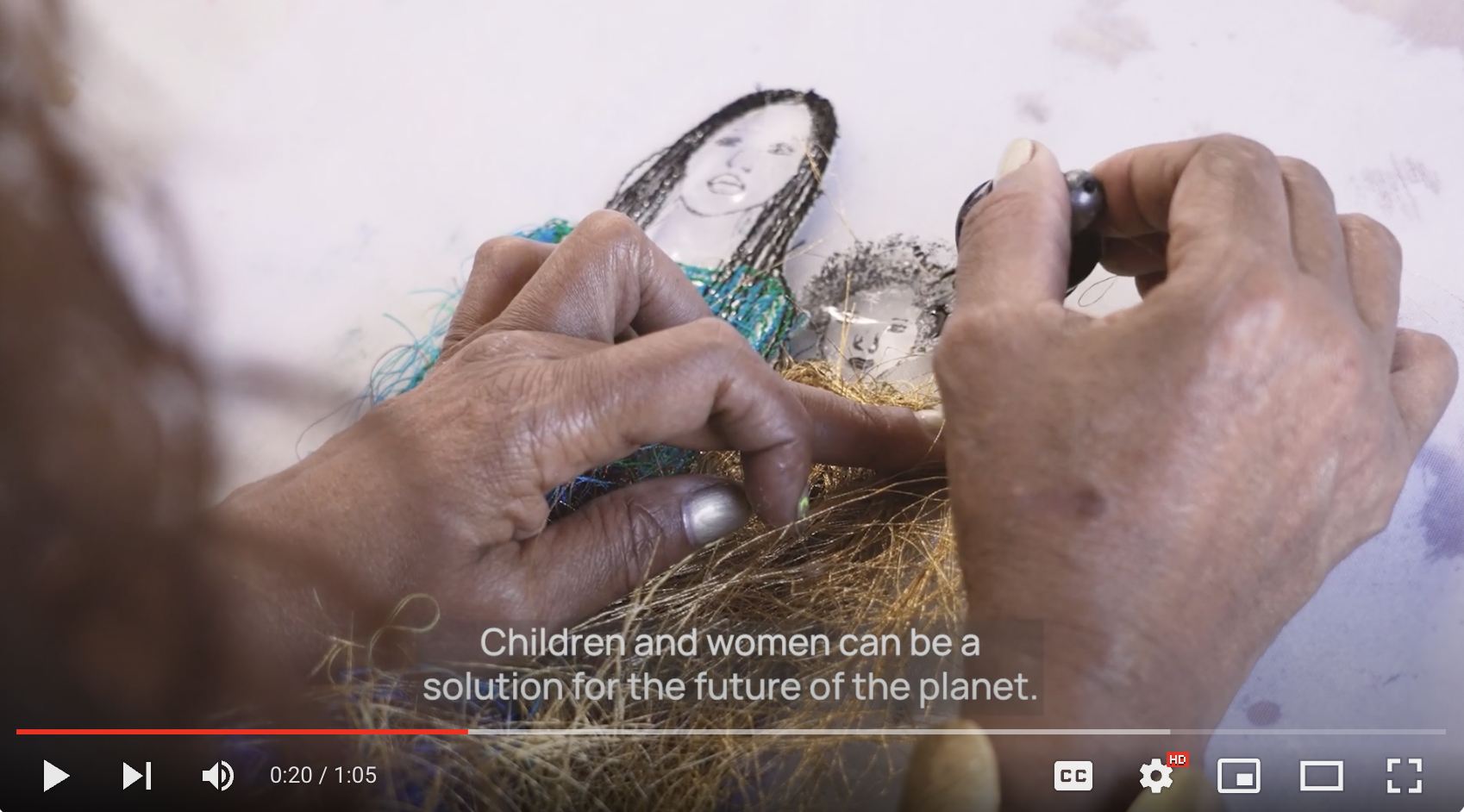January 2024
Samuel Levi Jones
Film directed by Alexa Caravia for Fountainhead Arts
Since about 2013, Samuel Levi Jones has created palimpsests of history and calls for reconsideration and reconstruction. He takes apart or pulps books, often encyclopedias or school texts, producing quilt-like compositions of interlocking rectangles made of ripped-away book covers, book spines, and mashed-up paper. Jones gives these works titles such as Holding Space, Happiness Within, Burning All Illusion, Statutes, Promises, and Pleasure from Pain. The remnants stand in for what was included or excluded between these and similar covers—all the possibilities, joyful diversions, marginalia, and sadly woeful categorizations, that stained patchwork of printed history.
These days, Jones is moving from project to project, continuing to create book-related works for exhibitions and also developing his first-ever public piece, a monument and a garden in collaboration with the design studio LAA Office and Sam Van Aken, an artist who, among other things, cultivates antique and heirloom fruit varieties. Jones was sharing both bodies of work with the Miami community when he was at Fountainhead.
Born in Marion, Indiana, Jones is the great nephew of Abraham Smith, the nineteen-year-old a white mob lynched in Marion in 1930. (Thomas Shipp, eighteen, was also lynched. James Cameron, sixteen, was beaten but survived.) Abel Meeropol wrote the iconic song Strange Fruit after seeing a photograph of the two lynchings. Billie Holliday recorded the song before the end of the decade. (“Here is a fruit for the crows to pluck/ For the rain to gather, for the wind to suck/ For the sun to rot, for the tree to drop/ Here is a strange and bitter crop.”) As of early 2024, Jones was planning to cultivate a garden with a tree whose main purpose would be to contribute to life rather than death. A perimeter metal wall he was conceiving would be perforated and backlit. He was working with the community and wanting to offer a space where local Black people can sit, reflect, and interact.
Speaking with Jones on a video call, I shared my observation that many monuments and books function similarly in preserving just one view, one version of the past. Jones’s artworks and his monument-in-development go after more. They propose that neither the material that makes up the monument nor the physical form of the book is what lasts. Monuments are not only bronze and stone. At best, they’re imperfect ideas in time. And, as much as I love paper, type, and binding, great books—or truly great ideas in great books—are ultimately revelatory, elastic, durable, demanding, and generous. Maybe someday the same will be true of more monuments. “There are times where people don’t want to engage with my work,” Jones shared with me. “The thing about my work, and hopefully this project, is that it’s an icebreaker. I hope people will come in and take on difficult conversations.”
Words by Marcus Civin
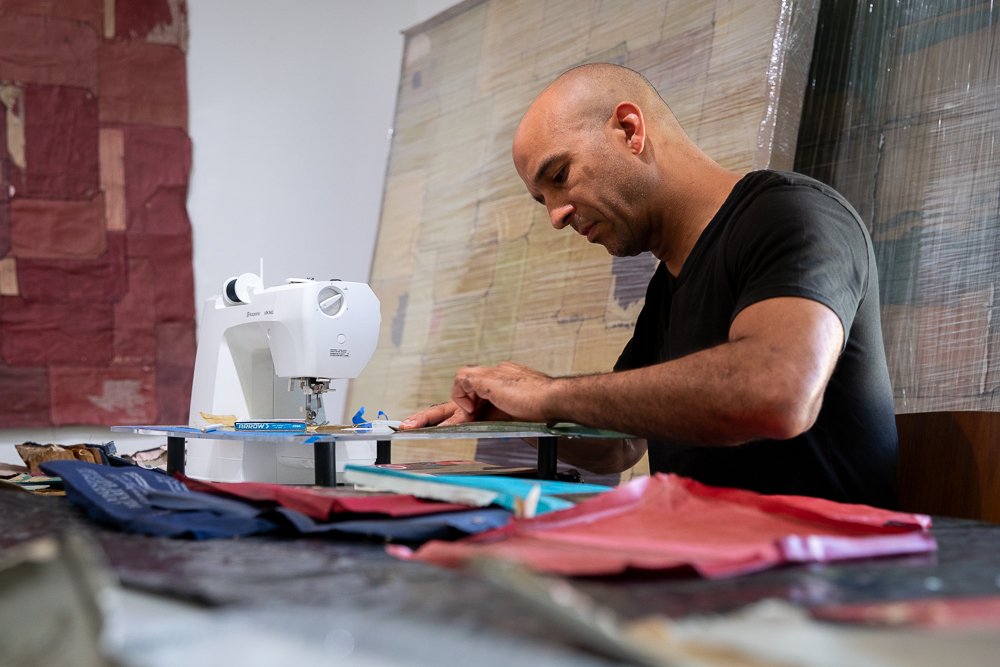
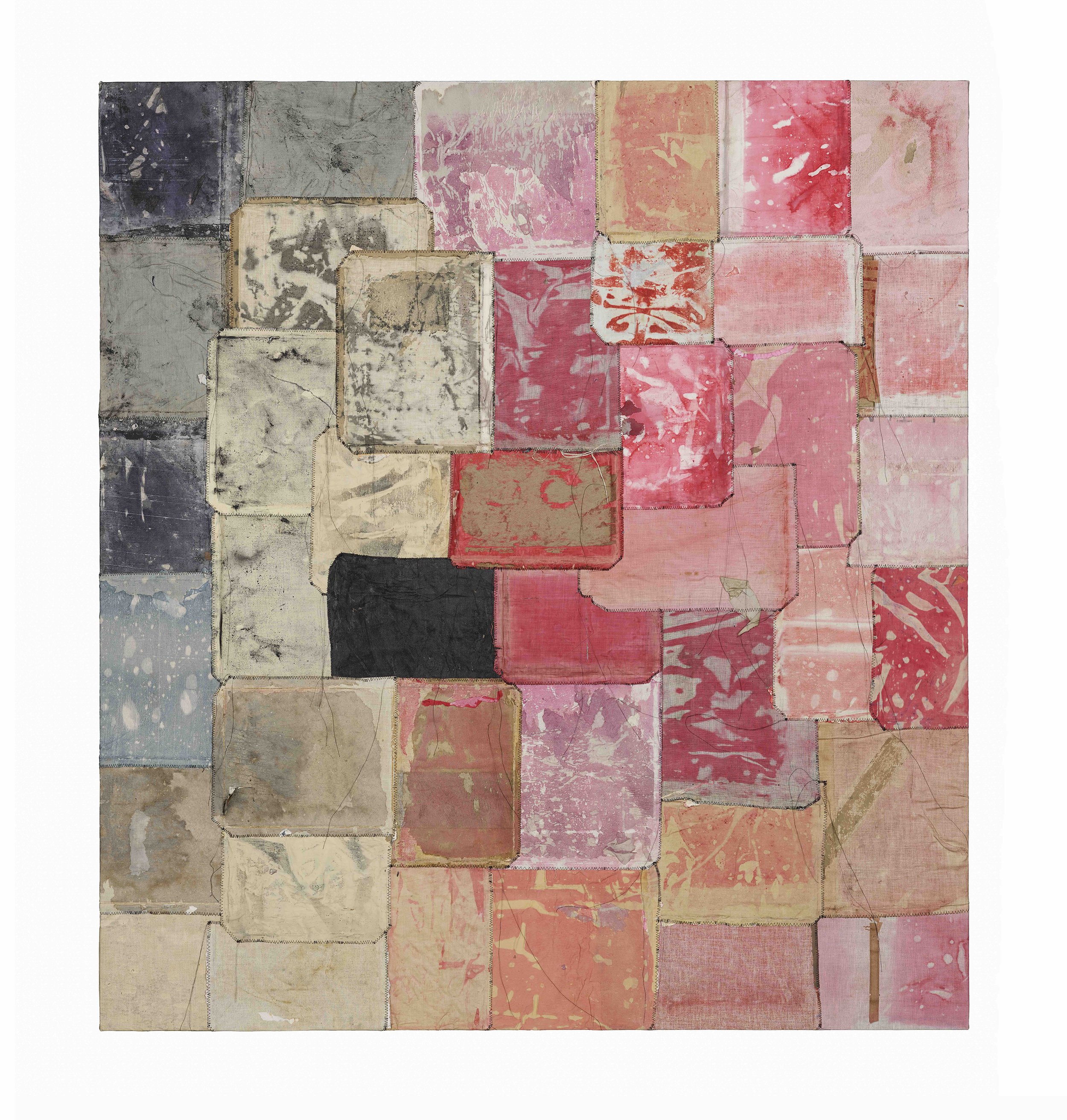
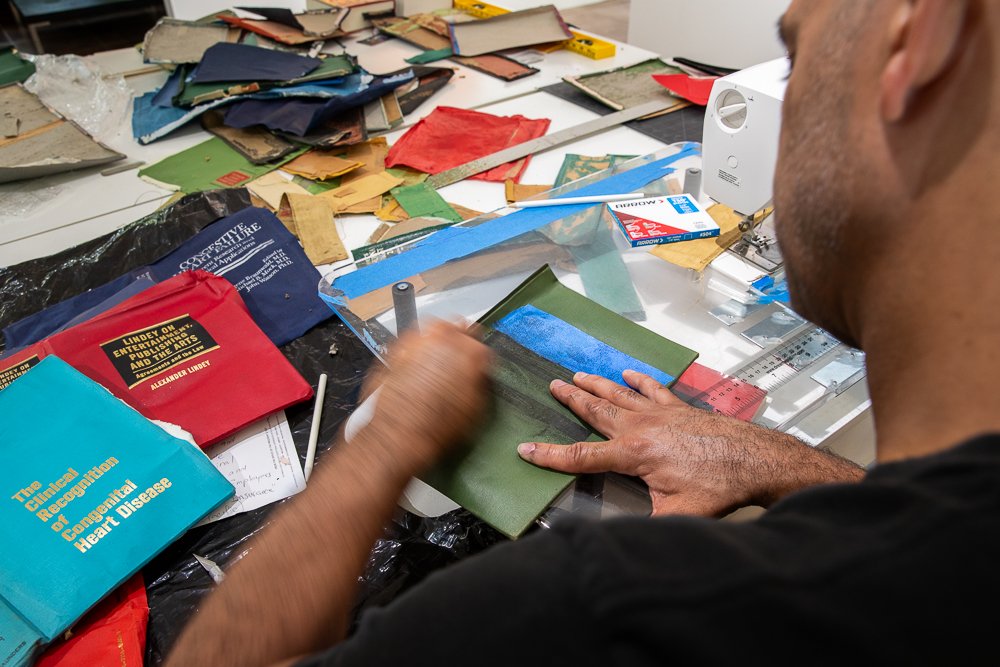
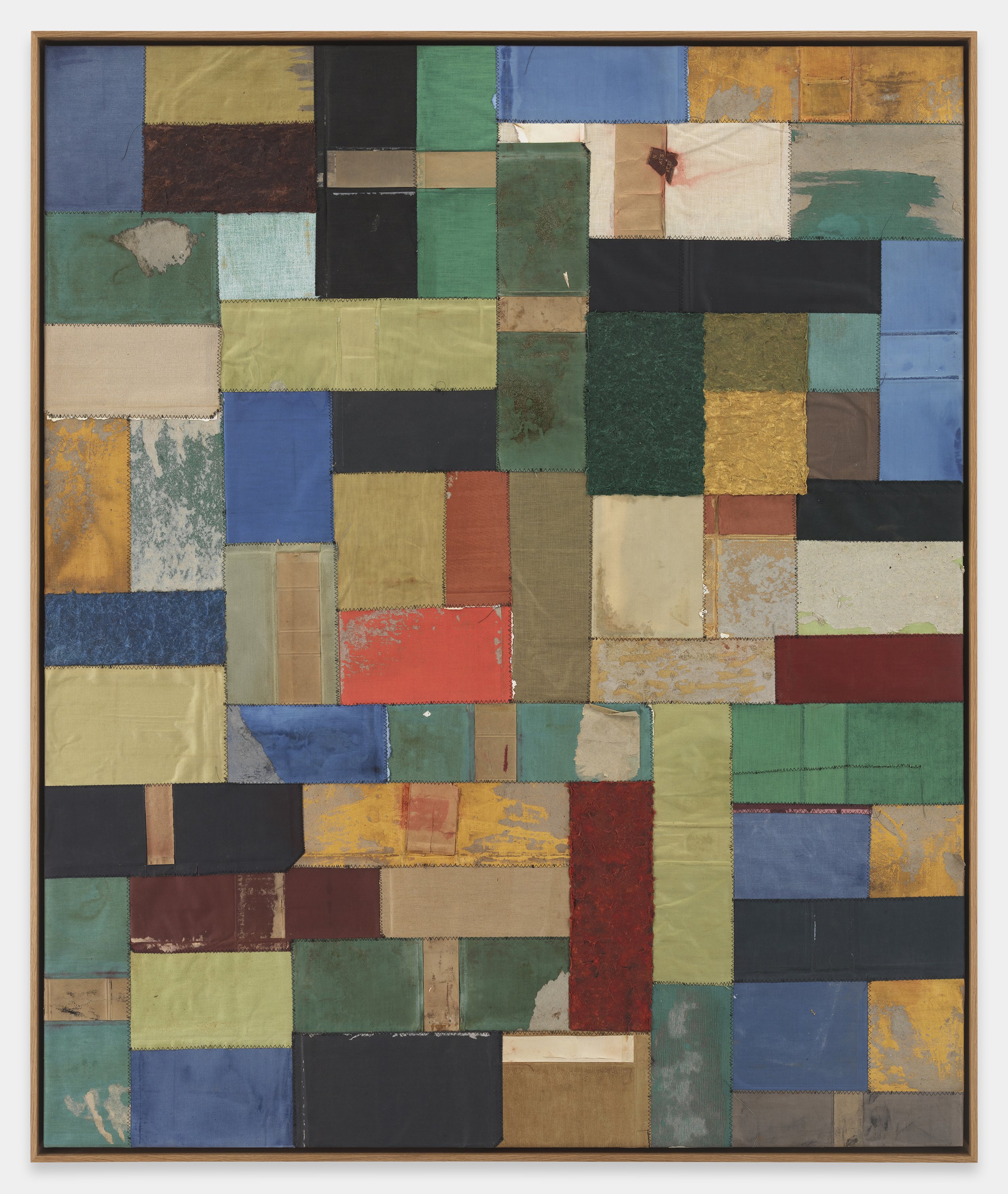
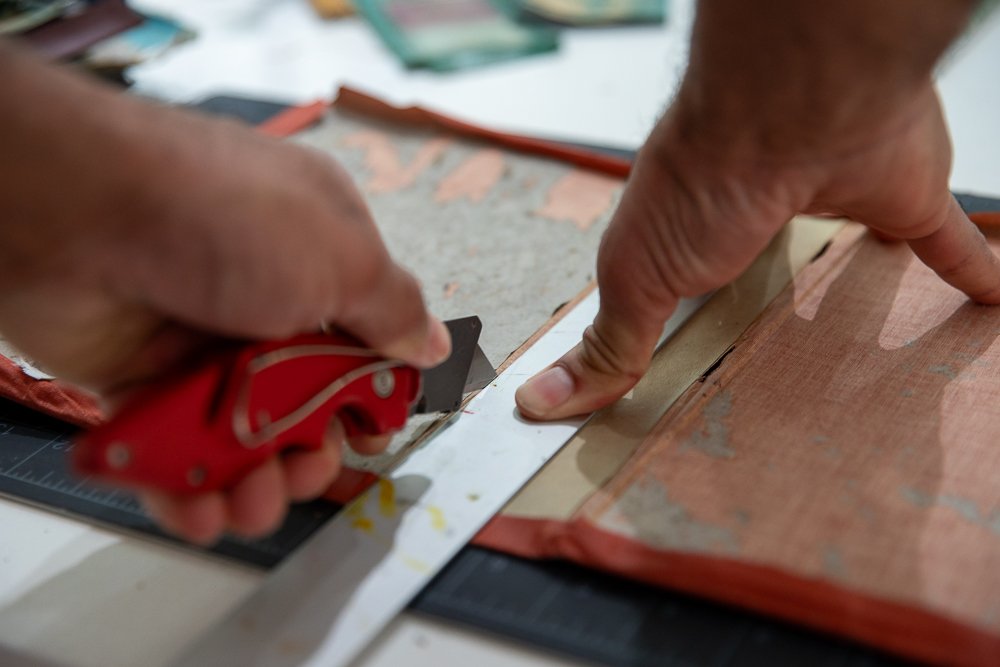

Samuel Levi Jones
Explore More Films



